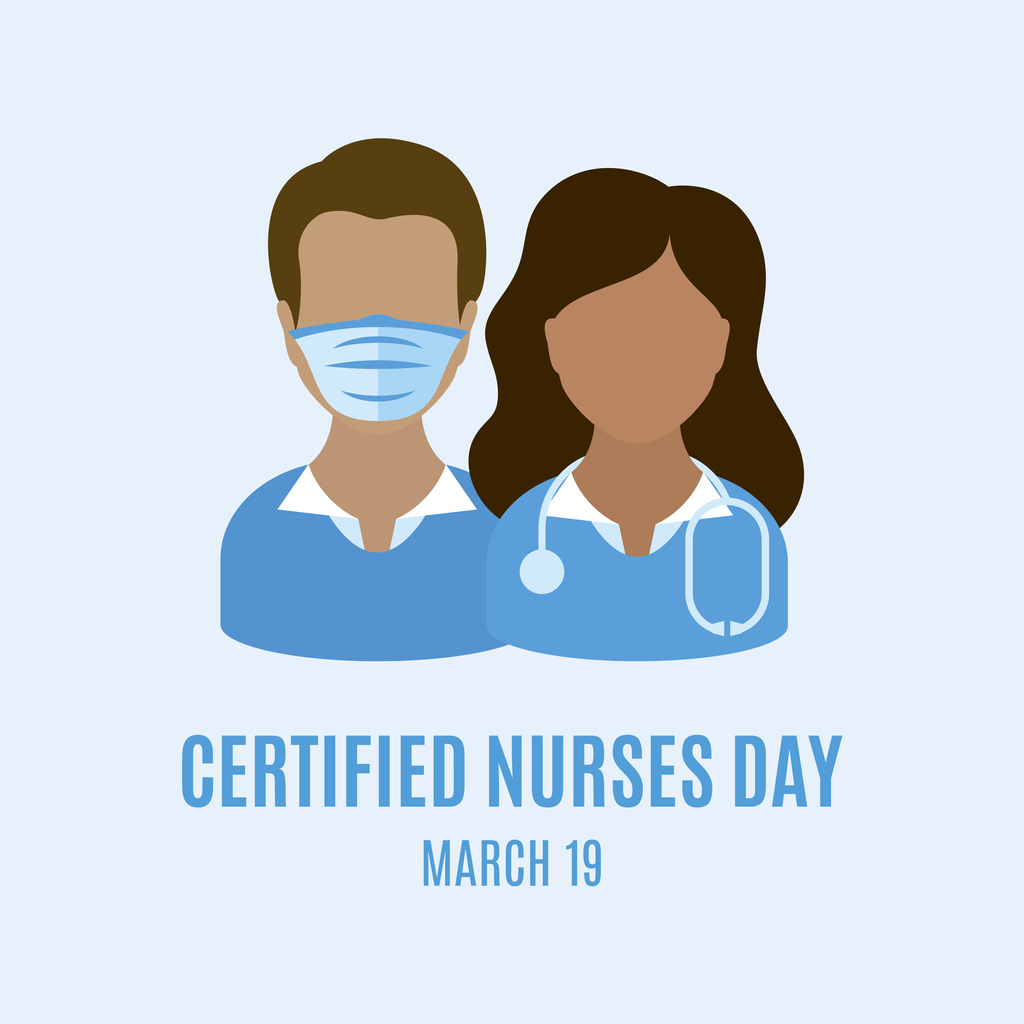Brandee Piazik, MSN, RN, CHPN, spent weeks making her way through over 400 test questions. She moved outside her comfort zone working on math problems. She studied online learning modules.
The payoff: Those four letters after RN at the end of her name.
As a Certified Hospice and Palliative Nurse, Brandee has demonstrated her expertise in the care of people with serious illness. She is one of several HopeHealth registered nurses who have achieved CHPN credentials from the Hospice and Palliative Credentialing Center, a national organization offering specialty certification to hospice and palliative care nurses.
“It’s that reminder that I know what I’m doing,” says Brandee, an RN care coordinator for HopeHealth Hospice.
“I thought the test was tough, but manageable,” she adds. “I took time to think through the questions and think about what I would do or have done in a situation like what the question presented.”
Better skills, better care

Research backs Brandee up. A review of the literature examining the relationship between nursing certification and clinical patient outcomes published in the January/March 2020 issue of the Journal of Nursing Care Quality found more certified nurses were associated with fewer patient falls and health care-associated infections. Nurse credentialing is also considered an important part of standardizing care quality and promoting nurse participation in leadership roles.
But there is one day set aside each year to recognize nurses who make this commitment to stay on top of their clinical care skills: Certified Nurses Day on March 19.
March 19 was chosen because it is the birthday of the late Margretta “Gretta” Madden Styles, RN, EdD, FAAN, president of the American Nurses Association from 1986 to 1988, who led the development of national standards for certifying nurses in pediatrics, cardiology and other medical specialties.
Brandee joined HopeHealth in 2015 and became certified in 2018 after passing an exam at a testing center.
“It is a lot of effort and it shows our commitment and our dedication to our practice,” says Hospice Clinical Educator Cynthia Brown, RN, CHPN.
Cynthia coaches nursing staff preparing to take the CHPN certification exam for the first time and those working on recertification. She has held the certification herself for the past seven years.
CHPNs demonstrate an understanding of life-limiting illnesses and knowledge of pain and symptom management.
Intensive study
Clinical Informatics Trainer Rhonda Iacobucci, MS, RN, CHPN, spent four months studying for the exam she took and passed in December 2017.
“It’s not an easy test,” Rhonda says. “I was spending an hour a day in the beginning and as I got closer to the end, I was studying two hours a day. We had a study group at HopeHealth.”
CHPNs demonstrate an understanding of life-limiting illnesses and knowledge of pain and symptom management. They also know when to make referrals for caregiver support, how to recognize safety hazards in the patient’s environment and educate families on eliminating them, and provide emotional support to families when death is imminent.
“A lot of it entails educating family members as well as the patients about what to expect,” says HopeHealth Inpatient Nurse Jennifer Tullo, BSN, RN, CHPN. “It can help ease their anxiety.”
Exam preparation

Certification lasts for four years and then CHPNs must re-certify by getting continuing education credits and successfully passing tests that pose a series of case scenarios to test a nurse’s critical thinking and clinical approach to patient care.
“It’s a continuous process where you’re always working to advance your knowledge and practice,” Cynthia says.
To help prepare HopeHealth nursing staff for the CHPN exam, Maria Appenfeller, RN, CHPN, tells staff not to think about the test as all these abstract questions on a piece of paper.
“One thing I always tell staff: Pretend they’re thinking about it in a patient situation so they’re thinking about it as it relates to a patient they’re taking care of,” Maria says. “Then they’ll know the right answer.”
“We had 100% of our nurses pass the exam, which was very exciting considering the national pass rate was 72%,” Brown says.
Incentives to pursue certification
HopeHealth’s education department helps nurses register for the exam and has a voucher program that covers the initial certification exam and membership in the Hospice and Palliative Nurses Association. Staff can take advantage of a lending library so they won’t need to purchase study guides for the exam.
“There’s no cost to them at all to become certified the first time,” Cynthia says.
Once certified, HopeHealth nurses who are full time employees receive an annual $1,500 stipend. An education credit of up to $2,500 a year for full time staff helps cover expenses related to recertification.
The preparation proved very effective for the last cohort of HopeHealth nurses who took the certification exam in 2020.
“We had 100% of our nurses pass the exam, which was very exciting considering the national pass rate was 72%,” Cynthia says.
In addition to RNs who have achieved CHPN credentials, HopeHealth has four nurse practitioners (NP), one licensed practical nurse (LPN) and 30 hospice aides have certifications in hospice and palliative care.
2021 already looks promising to increase their ranks, Cynthia says. Five RNs, one pediatric RN, one advance practice NP and two hospice aides were preparing to take certification exams in March.
“It does say to the community that our nurses are committed to the work that we do,” Brown says.

